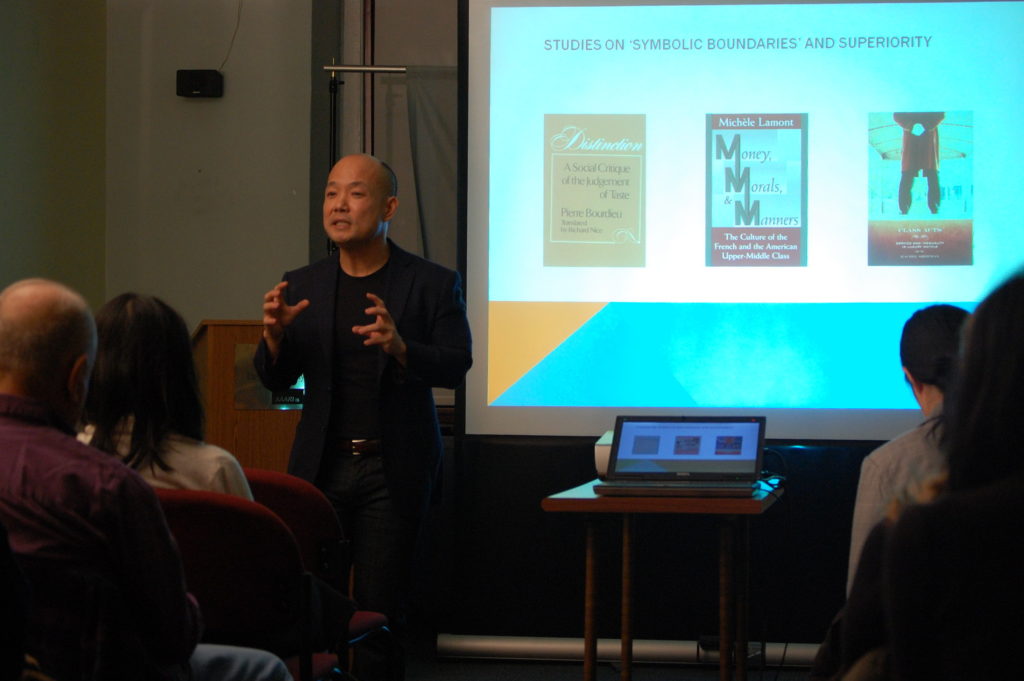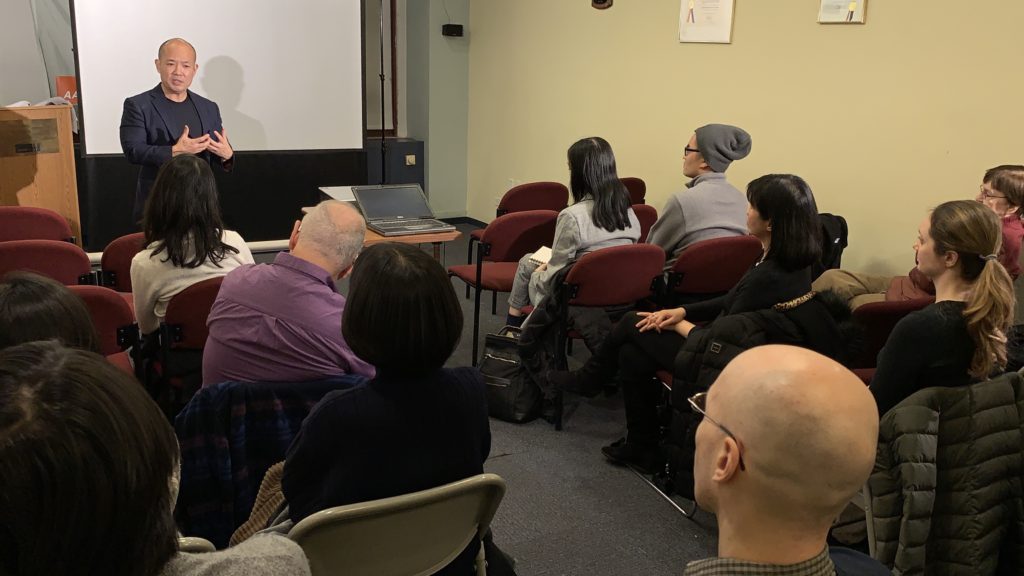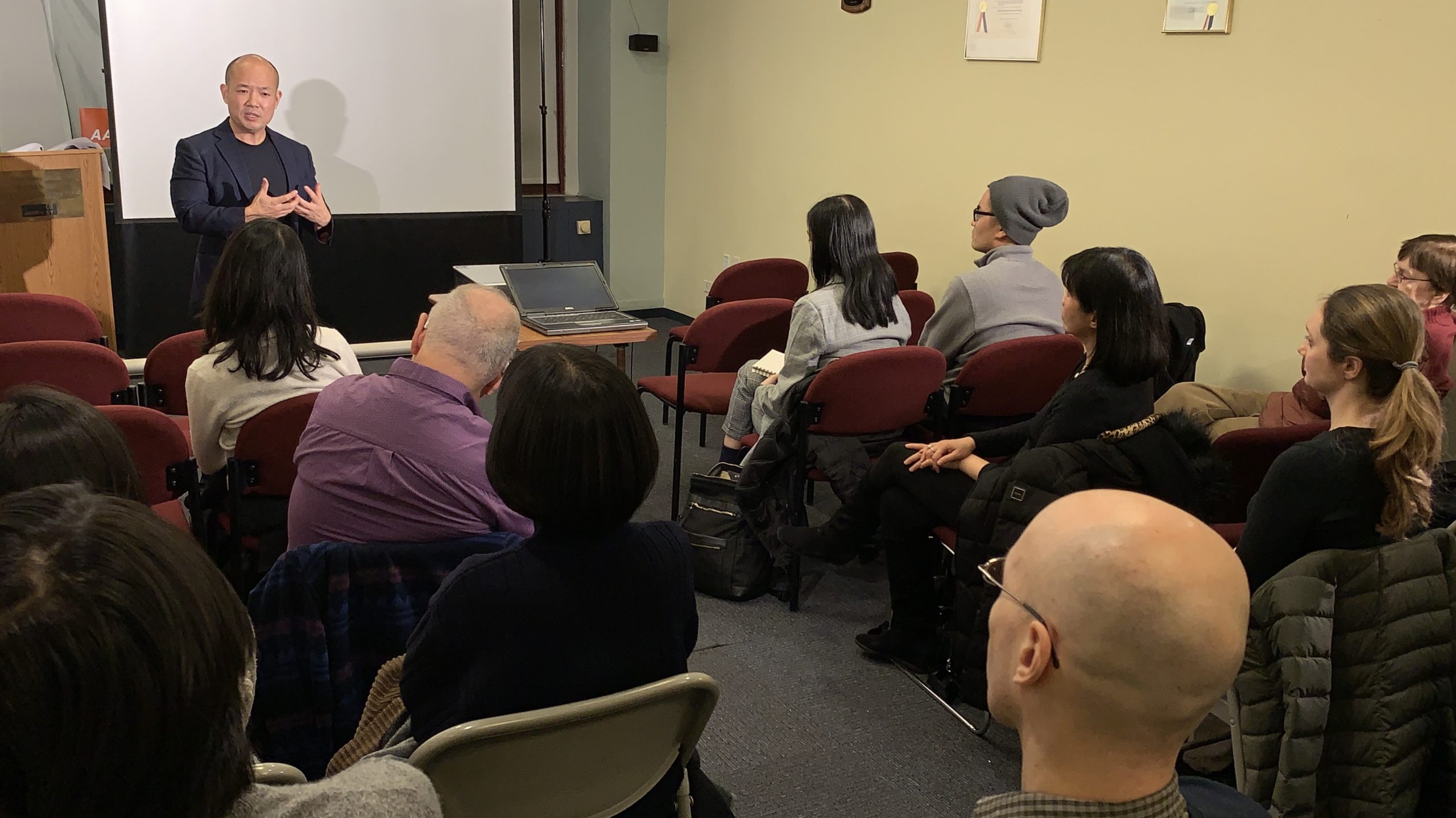
Focusing on microlevel social interactions in the homeland, this lecture explores the projection and achievement of superiority within the context of Vietnamese diasporic and transnational repertoires. As a country undergoing dramatic economic transformation for more than two decades, Vietnam is a site of contradictory new hierarchies with the increasing return of overseas migrants who encounter a growing new monied class. Prof. Hung Cam Thai examines the formation of these hierarchies in situations where individuals seek to establish themselves as “social betters” in determining criteria of worthiness.
Prof. Thai is concerned with the cultural repertories and structural resources underlying how and why individuals create or draw lines to define themselves against each other – that is, the symbolic boundaries people draw—and how such lines and definitions lead to contests over the production of superiority and social parity. The homeland is especially apt for studying social parity because of the gap in the literature on symbolic boundaries regarding transnational cultures, where social inequalities are ubiquitous. Prof. Thai argues that the homeland is a site of cross-class interactions in which great confusions exist over meanings of taste, success, and achievements, all of which produce blurry measurements of worth.

The analysis is based on more than 90 in-depth interviews and participant observations over a seven year period with a cross section of the overseas migrant and local populations in Ho Chi Minh City, Can Tho, and Danang. The comparative approach Prof. Thai takes in studying these three cities allows us to see both distinct and universal social processes within urban centers and rural peripheries of contemporary Vietnam.

